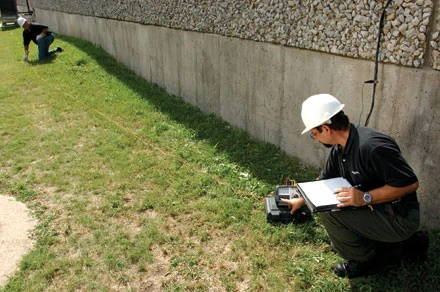
Illuminating Decisions: EPRI Lights the Way for Modern Lighting Adoption
Facility managers and operators understand the critical role lighting plays in their daily operations. Accounting for roughly 30% of a commercial building's energy load, lighting significantly impacts energy consumption and associated maintenance costs. However, focusing solely on the initial fixture cost misses a crucial aspect of responsible lighting management – the long-term perspective.
Visit Our Building Automation Study Course
Beyond the Sticker Price: Unveiling the True Cost of Light
Modern lighting solutions promise a...









